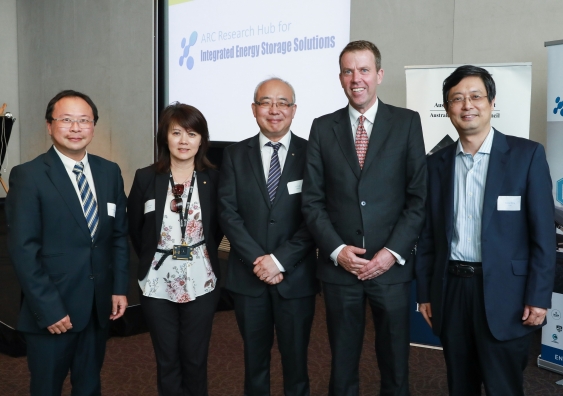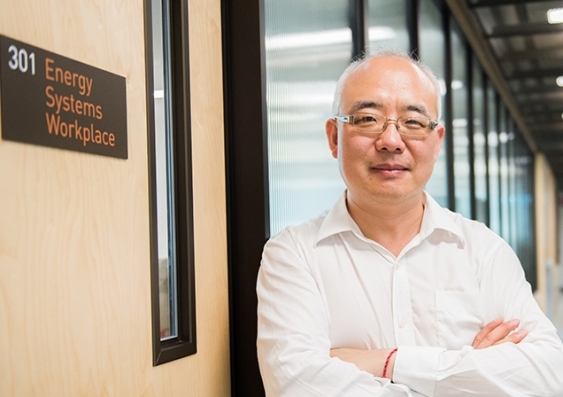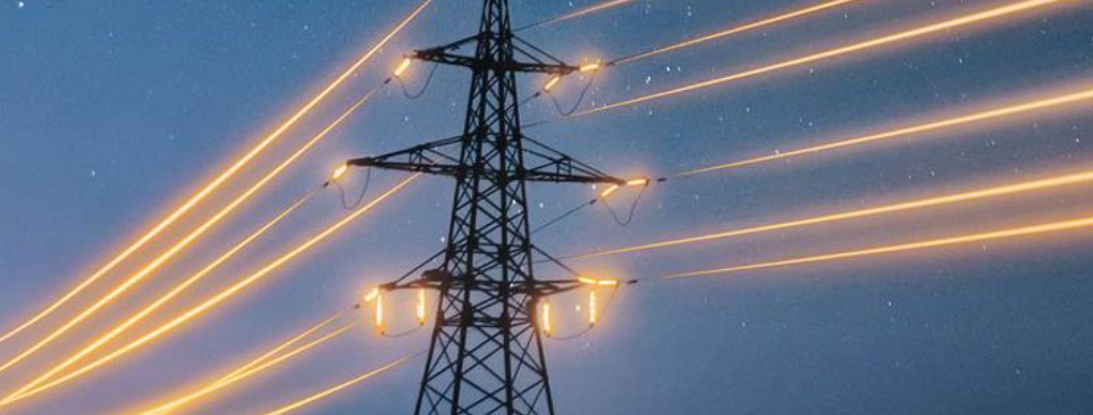As Australia sits in the limbo of a Federal Government energy policy vacuum and an almost universally well-received Australian Energy Market Operator (AEMO) 2020 ISP, the future of Australia’s energy grid hangs in the balance.
And yet, Australia is not devoid of the minds to drive the transition to a renewably sustained electricity network, as proved by the ISP itself and indeed by the University of New South Wales’ Professor Joe Dong, director of the UNSW Digital Grid Futures Institute and the Australian Research Council’s Research Hub for Integrated Energy Storage Solutions, who has this week been named a finalist for the annual Global Energy Prize.
Dong’s nomination is recognition of his extraordinary contribution to the understanding of smart power grids and the electric power industry. He oversees a range of research projects that form the frontier of Australia’s transitions to a grid powered by renewable energy.
The Global Energy Prize would be a big gong for Dong, awarded by The Global Energy Non-Profit Partnership headquartered in Russia, it is rated by IREG List of International Academic Awards as one of the 99 most prestigious with a reputation score of 0.48. A Nobel Prize, for comparison, has a perfect score of 1.0. IREG does not give a score for Ignoble Awards nor Darwin Awards. Of course, Professor Dong is not the first Australian nomination for the award, UNSW Scientia Prof. Martin Green was the first Australian to win the Prize back in 2018.

Image: UNSW
Among some of the many innovative ideas Dong pioneered in his past positions in the U.S. and Europe, was development of probabilistic analysis of power systems. This is to say, using numerical analysis to aid energy generators to manage electricity load flow, stability, reliability and planning. So, you can see why someone like Prof Dong is popular here in Australia.
“Without electricity,” said Professor Dong, “modern society would not be possible. I am passionate about my work using advanced engineering and computational methods to enhance the reliability and economic efficiency of our electricity supply networks. I feel very proud to have been in the running for the prize and thank my teams of researchers and industry partners, past and present, for their hard work towards achieving our shared vision for a stable, quality electricity supply for everyone.”
UNSW’s Acting Dean of Engineering Professor Stephen Foster said Prof. Dong’s selection as one of the 15 finalists is testament to his dedication to research that delivers tangible benefits to society.
“Prof. Dong’s extensive work in academia and industry has delivered far-reaching advancements in power systems and smart electricity grids. His work has progressed Australia’s transition to sustainable electric power that’s stable and affordable, which will ultimately benefit us all. I congratulate him on making the shortlist for this coveted international award,” Prof. Foster said.
*Professor Dong narrowly missed out on the Prize when it was announced in Moscow last night. The gong went to Italy’s Nobel Laureate, Carlo Rubbia, for his work in the promotion and sustainability of energy use in the field of nuclear waste and natural gas pyrolysis. Which isn’t particularly surprising considering the Prize is awarded by a Russian organisation.
This content is protected by copyright and may not be reused. If you want to cooperate with us and would like to reuse some of our content, please contact: editors@pv-magazine.com.









By submitting this form you agree to pv magazine using your data for the purposes of publishing your comment.
Your personal data will only be disclosed or otherwise transmitted to third parties for the purposes of spam filtering or if this is necessary for technical maintenance of the website. Any other transfer to third parties will not take place unless this is justified on the basis of applicable data protection regulations or if pv magazine is legally obliged to do so.
You may revoke this consent at any time with effect for the future, in which case your personal data will be deleted immediately. Otherwise, your data will be deleted if pv magazine has processed your request or the purpose of data storage is fulfilled.
Further information on data privacy can be found in our Data Protection Policy.